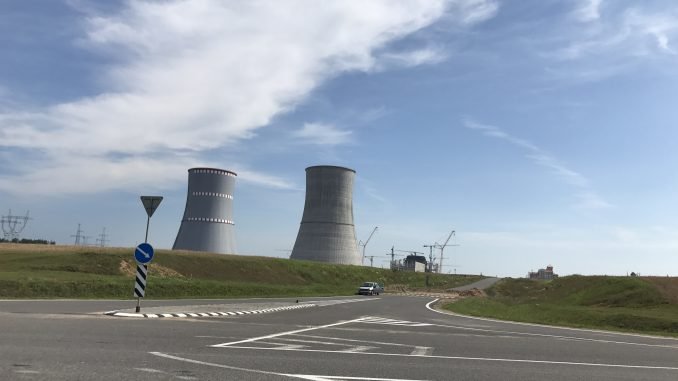
‘We now have hard proof that Belarus has acted in violation of international law and that Lithuania’s decision to deny access for electricity from the country which does not respect international conventions was entirely justified,’ noted Dainius Kreivys, Member of the Homeland Union – Lithuanian Christian Democrat Political Group, and went on to say that ‘this decision will be a solid argument in the negotiations with the European Commission and Russia concerning our refusal to allow access for electricity from the Astravyets NPP and install additional converters at the substation in Ignalina, which seem to have already been agreed upon by someone in advance. Moreover, the decision taken in Geneva constitutes a basis for pressing Latvia to deny access to its market for electricity from the Astravyets NPP’.
The Member of the Seimas is convinced that Lithuania may also approach the International Atomic Energy Agency (IAEA) with a request to send a full-scale IAEA SEED (Site and External Events Design) mission to Belarus to assess the selection of the site for the construction of the nuclear power plant. The mission team, previously invited by Belarus, addressed only the issues that were convenient for the Belarusian side.
The adopted decision makes it also possible to raise more actively, through European institutions, the issue of postponing the loading of nuclear fuel into the reactors of the Astravyets NPP until Belarus implements all the recommendations issued by the European Commission following the stress-tests at the Astravyets NPP.
The media has reminded that, back in 2011, when Belarus failed to provide answers to substantive questions referred by Lithuania, Lithuania lodged its complaint contending that there was a breach of the Convention in performing the environmental impact assessment of the Astravyets NPP. In 2013, having stated that Belarus violated the provisions of the Convention in developing the Astravyets NPP project, the Implementation Committee of the Espoo Convention issued its recommendations with a view to correcting the irregularities. Those recommendations were endorsed by the sixth session of the Meeting of the Parties to the Espoo Convention in 2014. The Implementation Committee was designated to assess thoroughly the steps taken by Belarus. In 2017–2018, the Implementation Committee analysed the environmental impact assessment documentation related to the Astravyets NPP and decided that Belarus violated the provisions of the Espoo Convention by failing to give justification for the selection of the construction site for the Astravyets Nuclear Power Plant.
